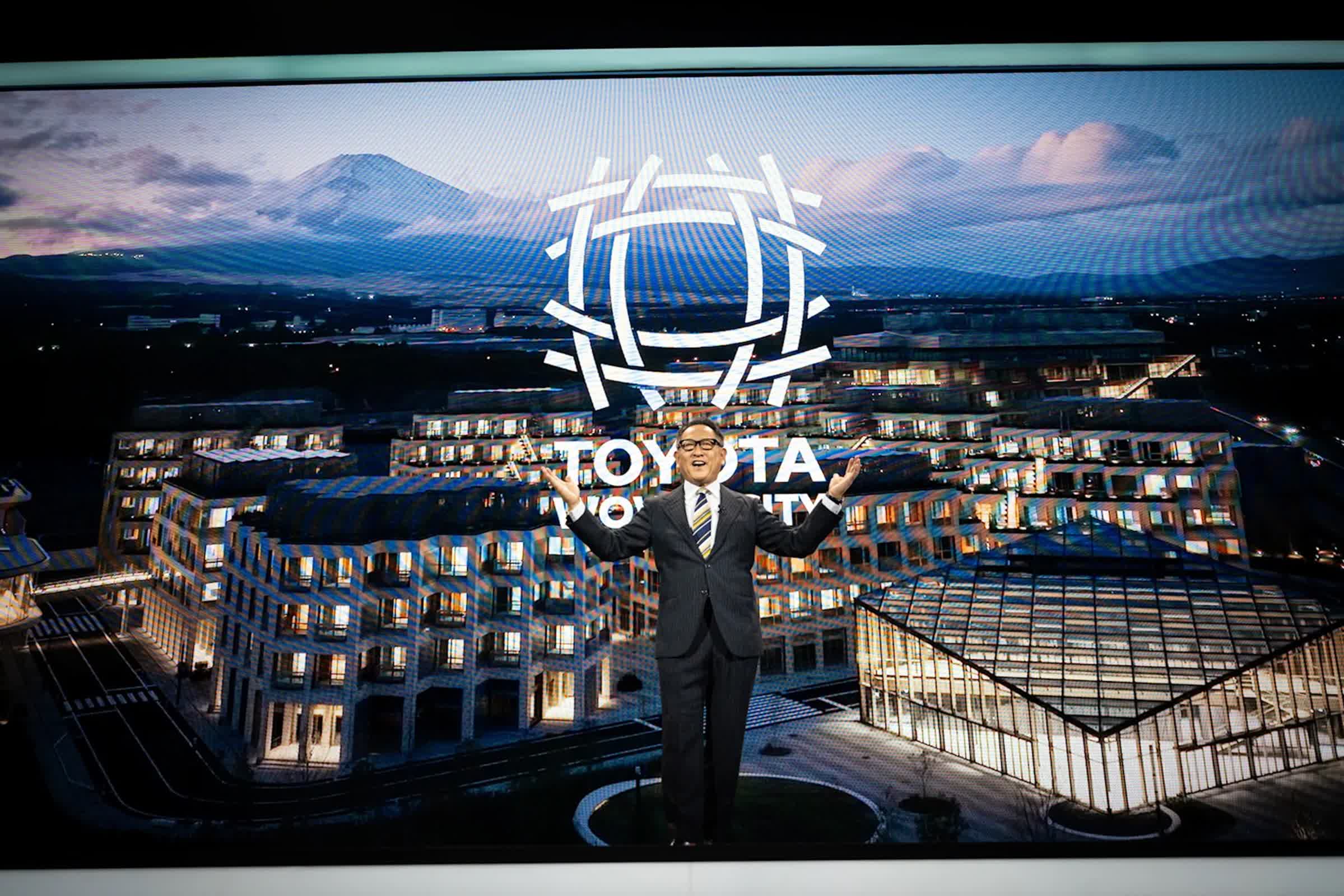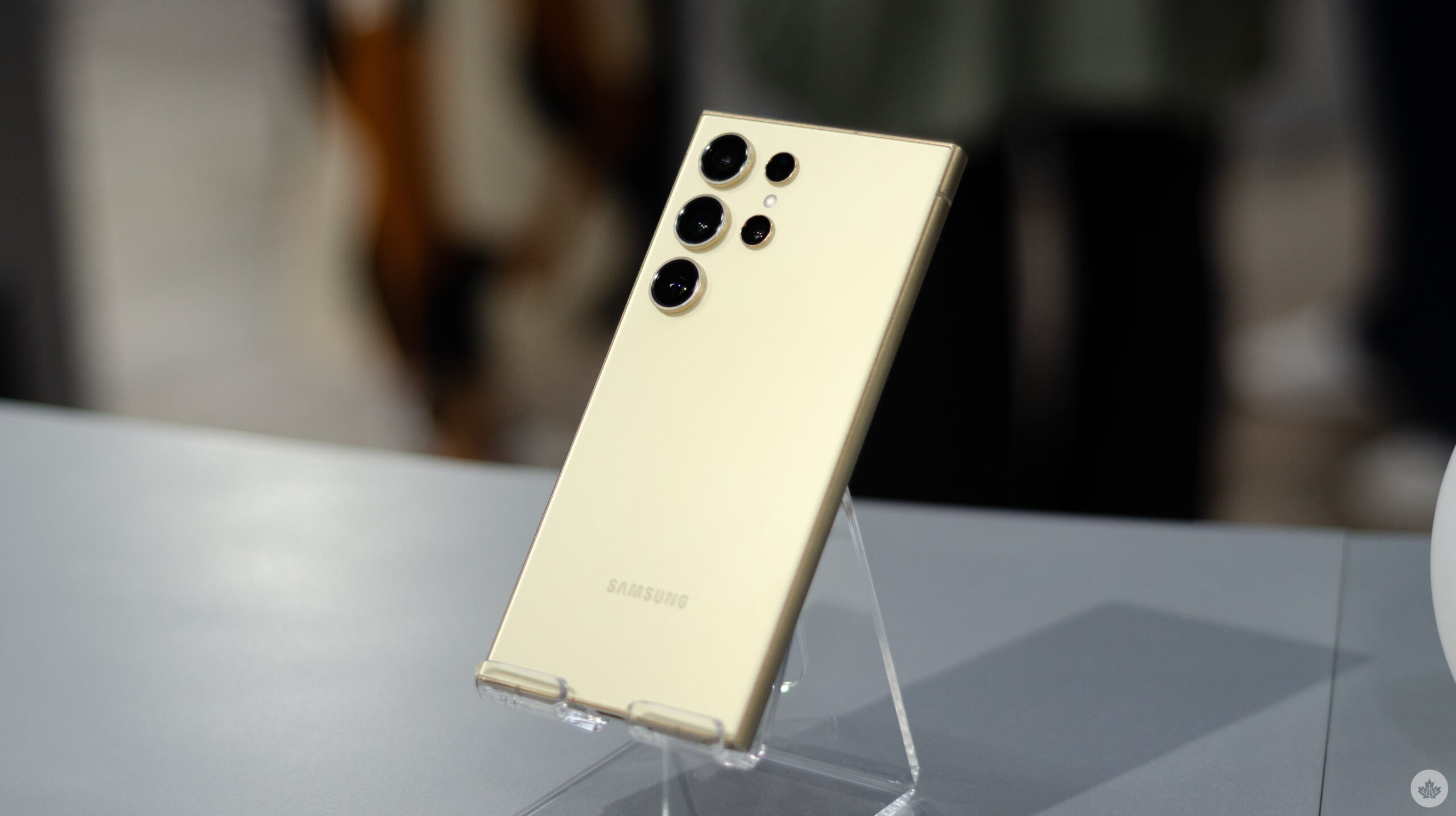What just happened? In a surprise move for the ordinarily cautious Japanese automaker, Toyota is expanding into rocketry. The investment reflects Toyota’s vision of becoming a comprehensive mobility company addressing transportation needs on land, sea, air, and even space.
Toyota’s chairman Akio Toyoda made the announcement at CES 2025 when he introduced the concept of “invention by kakezan” or “invention by multiplication,” referring to the potential that emerges from collaborative efforts.
“When it comes to what’s possible when you work together, the sky’s the limit,” Toyoda said, before revealing the company’s interest in rockets. “The future of mobility shouldn’t be limited to just Earth or just one car company,” he added, in what appeared to be a subtle reference to Tesla and its CEO Elon Musk’s involvement with SpaceX.
Toyota is partnering with Interstellar Technologies, a private Japanese spaceflight company, for its space ambitions. The automaker has invested 7 billion yen (approximately $44.3 million) into Interstellar Technologies through its subsidiary, Woven by Toyota.
Interstellar Technologies aims to mass-produce lightweight rockets and compete in the growing commercial space industry. The collaboration seeks to leverage Toyota’s automotive expertise, particularly its production methods, to transform rocket manufacturing into a high-quality, cost-effective, and scalable process.

This is not Toyota’s first space-related business endeavor. The company has been working with the Japan Aerospace Exploration Agency (JAXA) since 2019 on developing a lunar rover for NASA’s Artemis program. This rover is designed to allow astronauts to explore the lunar surface for extended periods without spacesuits.
Hajime Kumabe, CEO of Woven by Toyota, explained the rationale behind the company’s most recent space venture. “This is another way to expand mobility in land, sea and air. Our craftsmanship expertise will be an asset to Interstellar’s rocket manufacturing,” he said.
Kumabe elaborated on the connection between space technology and terrestrial innovation in an interview with TechCrunch. “When you think about cars that will be constantly moving, you need to have appropriate telecommunications. This means that the communication should not be interrupted, disrupted, and that seamless communication that is achieved.”
While Toyota’s entry into the space sector is ambitious, it faces significant challenges. Japan’s space industry lags behind global leaders, with only three successful launches in 2023. The country aims to increase this to 30 annual launches by the early 2030s, a goal that requires substantial growth and innovation.
Moreover, the global space industry is highly competitive, dominated by established players like SpaceX. Japan’s geography also poses challenges for building extensive launch facilities, as evidenced by recent setbacks in the country’s commercial space efforts.









Leave a Comment